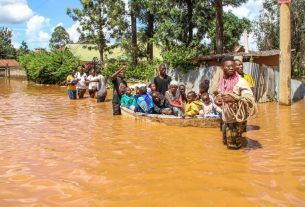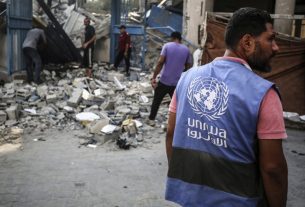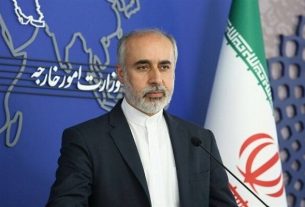Introduction
Humanitarian aid workers have long been regarded as neutral entities, dedicated to providing relief to those in need, regardless of nationality, religion, or political affiliation. The principle of protecting aid workers is deeply rooted in ancient traditions and modern international law, yet in recent years, this sacred duty has been violated with impunity.
The ongoing conflict in Israel and Palestine has seen both sides engage in actions that have led to the targeting of civilians, including children, and the obstruction of humanitarian assistance. This article calls upon Christian and Muslim communities worldwide to rise above political divisions and demand an end to these violations.
The Ancient Code of Protecting Humanitarian Assistance
The protection of those who provide aid is not a new concept—it has existed since antiquity. In Christianity and Islam, the duty to care for the vulnerable is a divine command:
- Christianity: The Bible teaches that helping the needy is a fundamental duty. Proverbs 19:17 states, “Whoever is generous to the poor lends to the Lord, and He will repay him for his deed.”
- Islam: The Quran emphasizes the importance of charity and protection of the weak. Surah Al-Ma’idah (5:32) states, “Whoever saves one life, it is as if he has saved all of humanity.”
Despite these teachings, humanitarian workers today face unprecedented threats, with attacks on aid convoys, hospitals, and relief organizations becoming alarmingly frequent and perpetrated by both sides, these and abductions and hostage taken has become the accepted order of the day, while the cruel and inhuman treatment of hostages are well documented and clearly seen by the international community, acts which is legally unacceptable under international law.
The Crisis in Israel and Palestine
Recent reports indicate a rise in violence against Christian communities in Israel, as well as escalating attacks on humanitarian aid workers in Gaza. Aid groups have condemned Israel’s restrictions on humanitarian assistance, warning that such actions violate international law and put millions at risk.
Both Israeli and Palestinian civilians have suffered immensely, with children and families caught in the crossfire. The normalization of targeting civilians is a grave injustice, and it is time for Christian and Muslim communities worldwide to demand accountability.
A Call for Unity and Action
The current crisis may seem distant, but history has shown that violence anywhere can affect people everywhere. If the roles were reversed, we would expect the global community to rise up and demand justice.
What Can Be Done?
- Raise Awareness – Religious leaders, activists, and citizens must speak out against attacks on humanitarian workers.
- Demand Accountability – Governments and international organizations must hold perpetrators responsible for violations of humanitarian law.
- Support Aid Efforts – Donations and advocacy can help ensure that humanitarian assistance reaches those in need.
- Interfaith Collaboration – Christian and Muslim communities must work together to promote peace and protect the innocent.
Conclusion
The targeting of humanitarian workers and civilian populations is a violation of both ancient moral codes and modern international law. It is time for Christian and Muslim communities worldwide to rise above political divisions and demand an end to these injustices.
The world must stand united in protecting those who dedicate their lives to helping others—because if we fail to act today, tomorrow it could be any of us.


